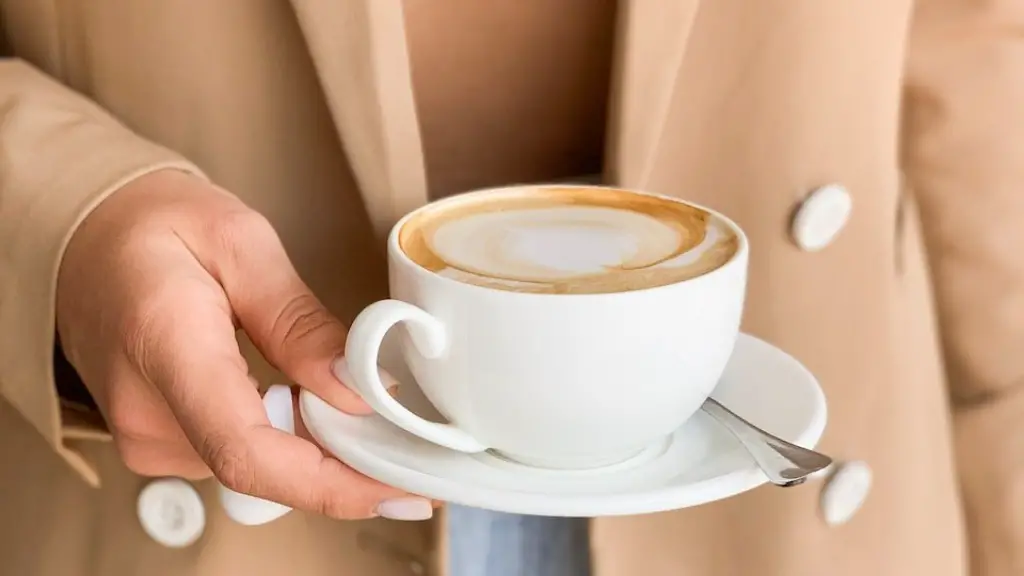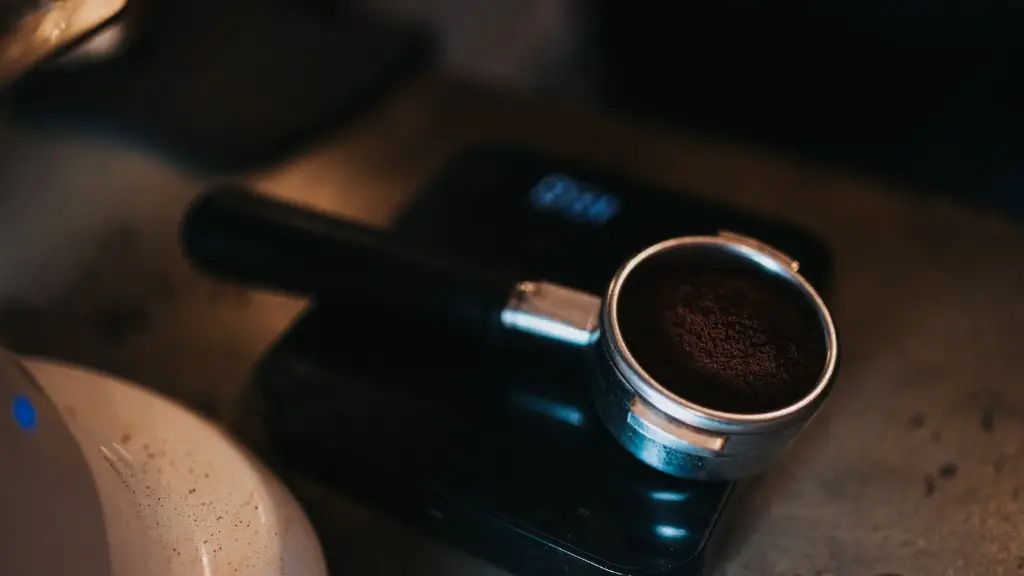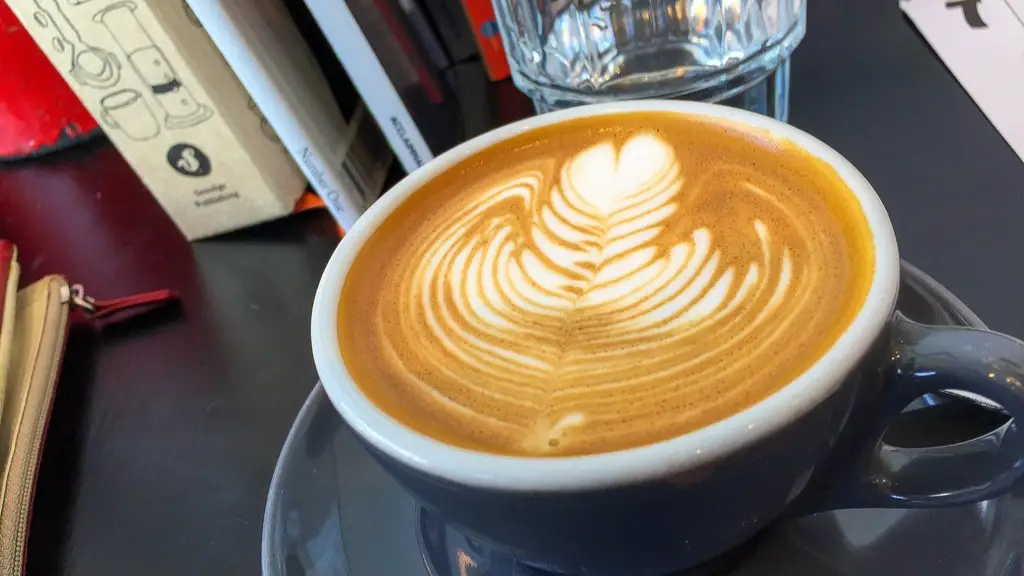Coffee and Sleep Deprivation
Coffee is one of the most common drinks in the world. It is a mild stimulant known to boost energy levels and alertness, but consuming too much of it can lead to sleep deprivation. The effects of caffeine on sleep can vary from person to person, depending on how much is consumed and when. It can take up to eight hours for caffeine to be fully cleared from the body, meaning it can still be present when it is time to go to bed.
Caffeine disrupts the normal sleep cycle because it blocks adenosine, a neurotransmitter responsible for making us sleepy. As an effect, caffeine will make it harder for you to fall asleep and get a deep, restorative sleep. Another issue is that caffeine is a diuretic, producing greater quantities of urine than normal. This means drinking too much coffee can lead to a disruption of your sleep cycle due to the need to go to the restroom during the night.
Energy Drinks
Energy drinks may be convenient when you’re feeling sluggish, but they are made with even more caffeine than coffee. Many contain other ingredients such as taurine or guarana that can increase your heart rate and have negative side effects. These chemically engineered beverages can result in jitteriness, nausea, and dehydration.
Some of the consequences of drinking energy drinks may not manifest until much later in the day. The sugar crash following their consumption can leave you feeling drained and emotionally unstable, with huge periods of exhaustion. Therefore, drinking energy drinks can cause tiredness to feel even more intense after your daily caffeine fix.
Sleep Hygiene and Habitual Coffee Drinking
It is best to avoid drinking coffee late in the afternoon, as it can interfere with your body’s natural circadian clock. While how much coffee you can consume before it affects your sleep will differ from person to person, it is advised to track your coffee consumption, and ensure that it is not close to bedtime.
Additionally, having a solid sleep routine and staying consistent with it can help keep coffee’s effects to a minimum. Restricting caffeine intake to the morning, and giving ourselves time after to let it wear off, can assist in maintaining optimal levels of energy. This includes committing to go to sleep and wake up at the same time each day, in order to train your internal clock.
Coffee Alternatives
If too much coffee is impacting your sleep, there are several healthier alternatives to provide energy and increase alertness. Matcha is a great source of green tea antioxidants, providing energy for up to six hours without the jitters typically associated with coffee. Lemon water is an excellent way to rejuvenate and energize due to its high Vitamin C content. Spirulina is an excellent source of protein and B vitamins and has an energizing effect from its abundant chlorophyll and magnesium.
Adaptogen Herbs
Adaptogenic herbs such as Rhodiola, Maca, and Ashwagandha can help increase your mental alertness and stamina without the crash of caffeine. Each improves emotional wellbeing, clarity of thought and preparation levels due to its inherent ability to work with the body to restore balance. Adaptogens tonify both stress hormones and adrenal glands, restoring the body to its natural balance.
Exercise
Exercise not only keeps our bodies fit but can do wonders for our mental health. Regularly getting our blood moving pumps oxygenated blood through our veins and into our brains, which can be the kick in energy we need for the day. Exercise can also help the body produce endorphins in the brain, which can assist in boosting morale and coping with stress.
Nutrition
Ensuring we are eating nutritious meals packed with vitamins and minerals can help us remain energized throughout the day. Foods that contain complex carbohydrates, proteins, healthy fats, vitamins and minerals are a great way of providing us with sustained energy. Eating sugary snacks or relying heavily on caffeine can cause exhaustion or sluggishness in the afternoon, as the effects do not last for very long.
Moderation
In conclusion, consuming coffee and energy drinks in moderation can be beneficial for alertness. However, drinking too much can interfere with your sleep patterns and energy levels throughout the day. Remaining mindful of daily caffeine intake, getting proper rest, doing regular exercise, consuming a healthy diet and exploring herbal alternatives can help prevent feeling excessively tired when consuming your daily coffee.


